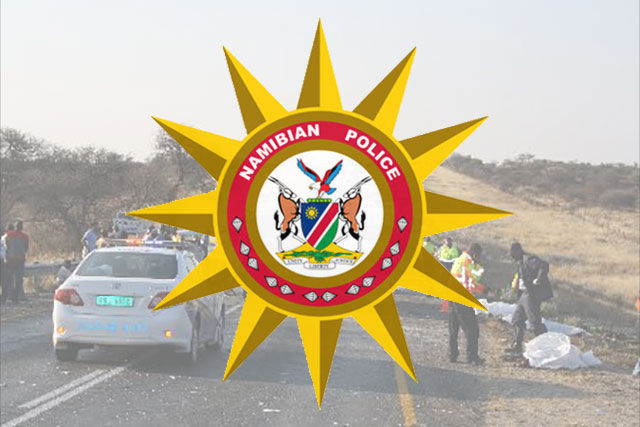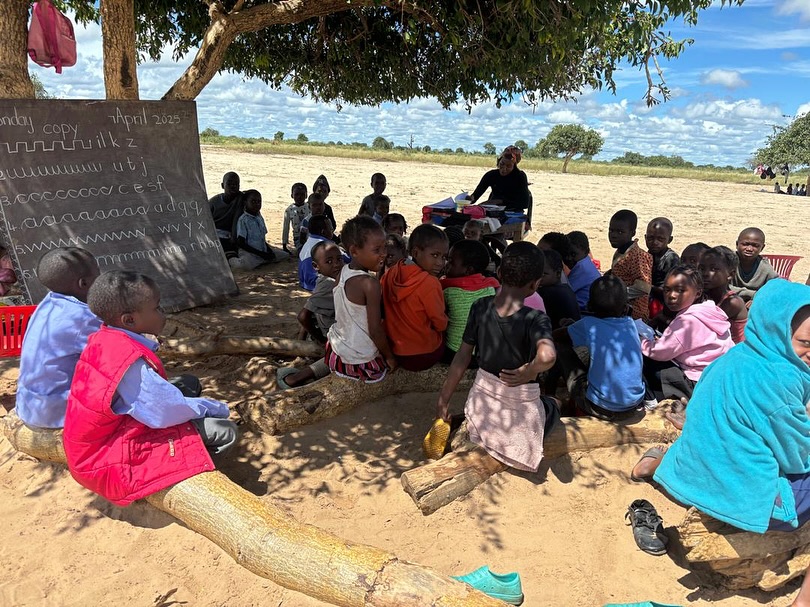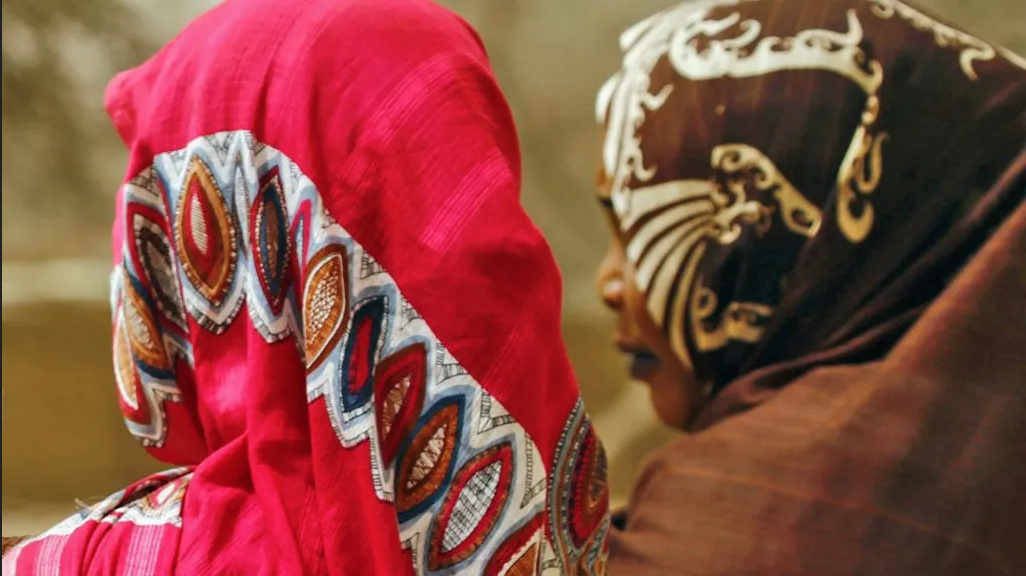The Ministry of Agriculture, Water and Land Reform says it would be unfair for it to be blamed for the failed Ndonga Linena Irrigation Project Phase 2.
The ministry was not running the green scheme when it was expanded to Phase 2, ministry spokesperson Jona Musheko said yesterday.
Some small-scale farmers in the Musese constituency in the Kavango West region are claiming the ministry was negligent in implementing Ndonga Linena Phase 2.
The scheme violates the Green Scheme Policy of 2008, which calls on small-scale farmers to graduate from operating small- plots at green schemes to becoming medium-scale farmers, they say.
The farmers say work on expanding Ndonga Linena to Phase 2 started in 2014 when some green schemes were being operated by the Agricultural Business Development (Agribusdev) Agency, but production has not started yet.
Equipment and infrastructure are in bad shape, they say.
When The Namibian visited the site in May, it found that electricity boxes and cables at houses meant for medium-scale farmers were stolen and vandalised, the fence of the site was cut and some locals were grazing their cattle in the area.
Some centre pivot tyres have disappeared, while vegetation has regenerated on the land that was cleared for food production.
Musheko said the ministry can, however, not be blamed for the situation, as the expansion of the site took place while the green scheme (and some others) was run by Agribusdev.
“It is essential for us to highlight that discussing issues from the time when green schemes were under Agribusdev’s management might not be as productive. Instead, we will provide you with information on the steps taken to enhance the operations of these schemes,” he said.
Musheko said after the Cabinet approved the transfer of the Green Schemes to the ministry in 2022, and despite the lack of extra budget provision, the ministry took a proactive approach and commenced significant infrastructure renovations.
These, he said, included upgrades to centre pivots, water pumps and other critical infrastructure.
After these major renovations were completed, the ministry put five green schemes, including Ndonga Linena, back into production.
The Ndonga Linena green scheme focused on planting wheat, fodder and various horticultural crops.
Musheko said production is currently underway at nine green schemes, including Ndonga Linena.
Ndonga Linena’s commercial section consists of 424ha of irrigable land, of which 88ha is for wheat, oats for fodder and lucerne and 150ha is under production by small-scale farmers.
Musheko said as for Ndonga Linena Phase 2, the ministry has repaired some infrastructure.
“Additionally, the ministry has been busy setting up modalities to ensure continued productivity at all green schemes.
These include procurement arrangements that allow us to secure productivity inputs promptly, thus supporting the consistent operation of these projects,” he said.
When green schemes in Namibia were transferred back to the government in 2022, some were sourced by private operators, with 10% held by small-scale farmers.
Agribusdev has been marred by years of mismanagement and political interference.
Ndonga Linena manager Jano Rontell last February told visiting Kavango East governor Bonifatius Wakundumo that both the commercial and small-scale sides of the green scheme are back in operation after four unproductive years.
They would now work on Phase 2, he said, yet no production has taken place.
Stay informed with The Namibian – your source for credible journalism. Get in-depth reporting and opinions for
only N$85 a month. Invest in journalism, invest in democracy –
Subscribe Now!










